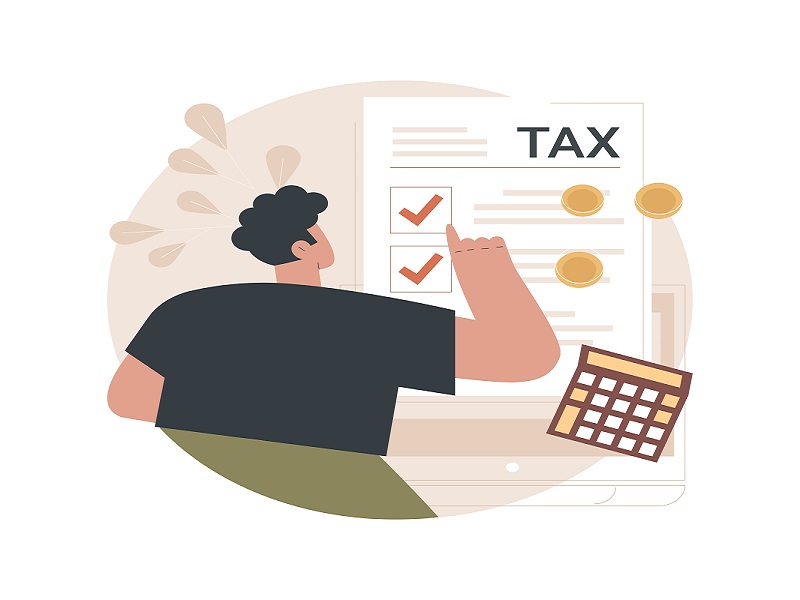Priyanka Sambhav
Section 80 C of the Income Tax Act 1961 allows you a deduction of Rs 1.5 lakh on your total income. It is one of the most popular tools for saving tax wherein an individual makes specific investment or payments, which gives a discount on the taxable income. So if one’s total income stands at Rs 15 lakh and he/she invests in PPF, pays insurance premium or pays home loan’s principal up to Rs 1.5 lakh then they can reduce the taxable income to Rs 13.5 lakh. You minus the deduction from the total income and lower your taxable income.
Apart from investment which comes under section 80C of the Income Tax Act, there are few more investment which can save help you in saving tax by giving you a deduction. Check out the list and see how you can benefit.
-
Section 80D- Payment towards Health insurance premium will make you eligible for a deduction up to Rs 25,000. This can be availed for self, spouse and children. You can claim this deduction for parents as well, and if parents are above the age of 60 years, then you can get a deduction for the premium payment up to Rs 50,000. Annual medical check-up expense of Rs 5,000 is also allowed under this deduction, but it should not cross the overall limit of Rs 25,000.
-
Section 80DD- If there is a differently-abled family member who is dependent on you, then you can claim a deduction of Rs 75,000 on his/her medical treatment. If you buy insurance for the dependent member, then that could be a part of the deduction too. But remember to get this, you must have a medical certificate from a government hospital mentioning the disability of the dependent. Also, you need to renew it every year.
-
Section 80 DDB – This provides a deduction for the expenses incurred on medical treatment of specific diseases. If the dependent is below 60 years of age, then a deduction of Rs 40,000 is allowed, and if you are claiming this for a senior citizen, then a deduction of Rs 1 lakh is permitted.
-
Section 80E- Interest on education loan will get you a deduction, and there is no upper limit on this.
-
Section 80EE – A deduction of Rs 50,000 on home loan interest for first time home buyer.
-
Section 80 EEA– This deduction is also on interest paid on home loan interest. But the condition is that price of the property should not be more than Rs 45 lakh(affordable housing category). The limit of deduction is Rs 1.5lakh.
-
Section 80EEB- On the purchase of an electric vehicle, you could claim a deduction on interest up to Rs1.5 lakh on the car loan.
-
Section 80G, 80 GGA & 80 GGC- You donations to specific funds, charitable institutions, etc. can get you a deduction. Donation to scientific research or towards rural development will be considered for deduction and (non-Cash) donation to political parties are also a part of this deduction.
-
Section 80GG- Rent payment by a non-salaried individual who doesn’t get HRA is eligible for this deduction. It could be Rs 5,000 per month or 25 per cent of total income in a year, whichever is less.
-
Section 80TTA- Interest earned on saving banks account up to Rs 10,000 is eligible for deduction.
-
Section 80TTB – This section is an extension of section 80TTA but is specifically enjoyed by senior citizens only. They can claim deduction up to Rs 50,000 on interest earned from deposits.
-
Section 80U– A person with a disability is allowed to take this deduction. The maximum deduction is Rs 1.25 lakh but depending upon the ty ad extent of disability, it may vary.







